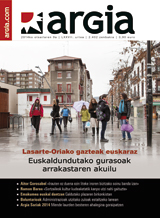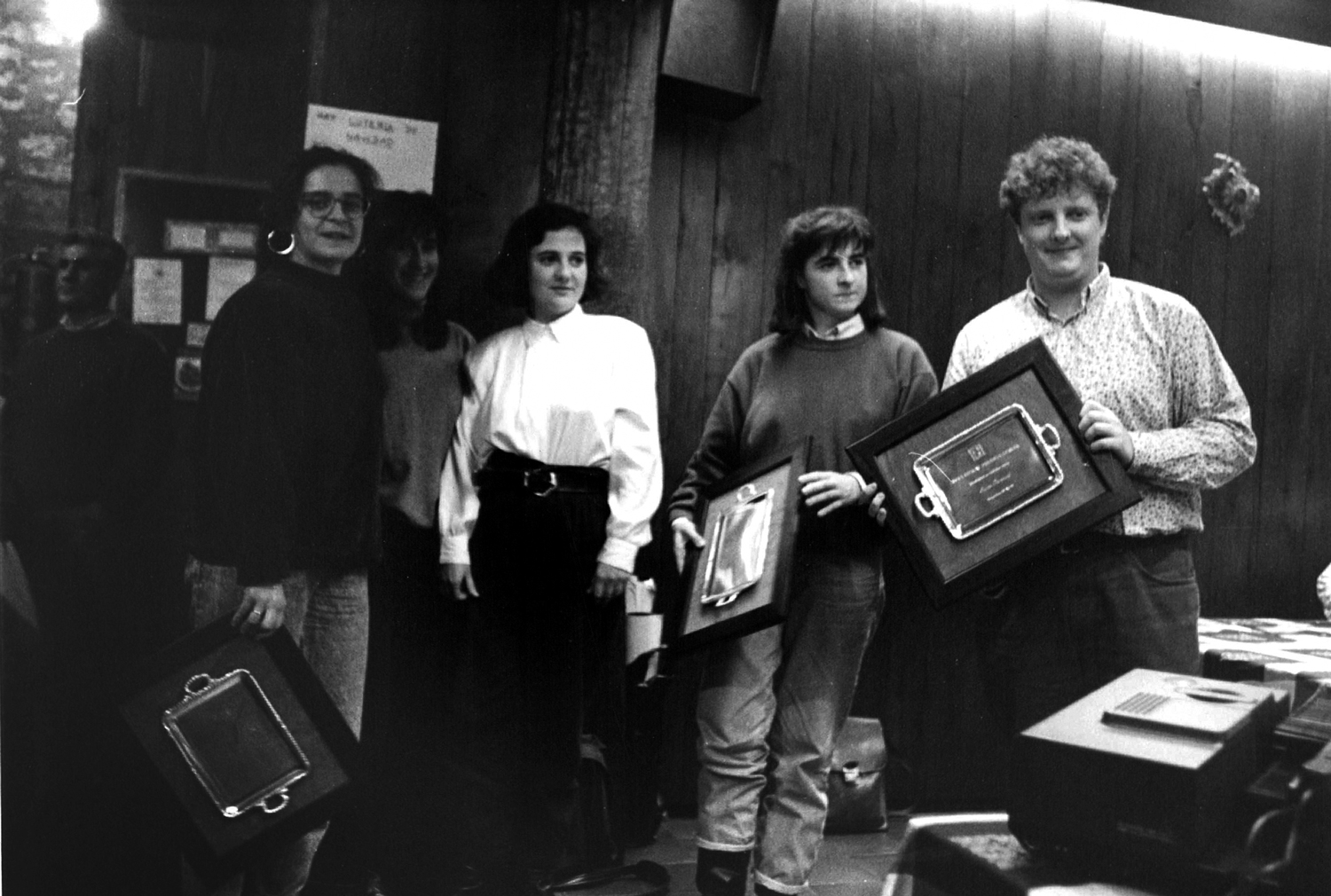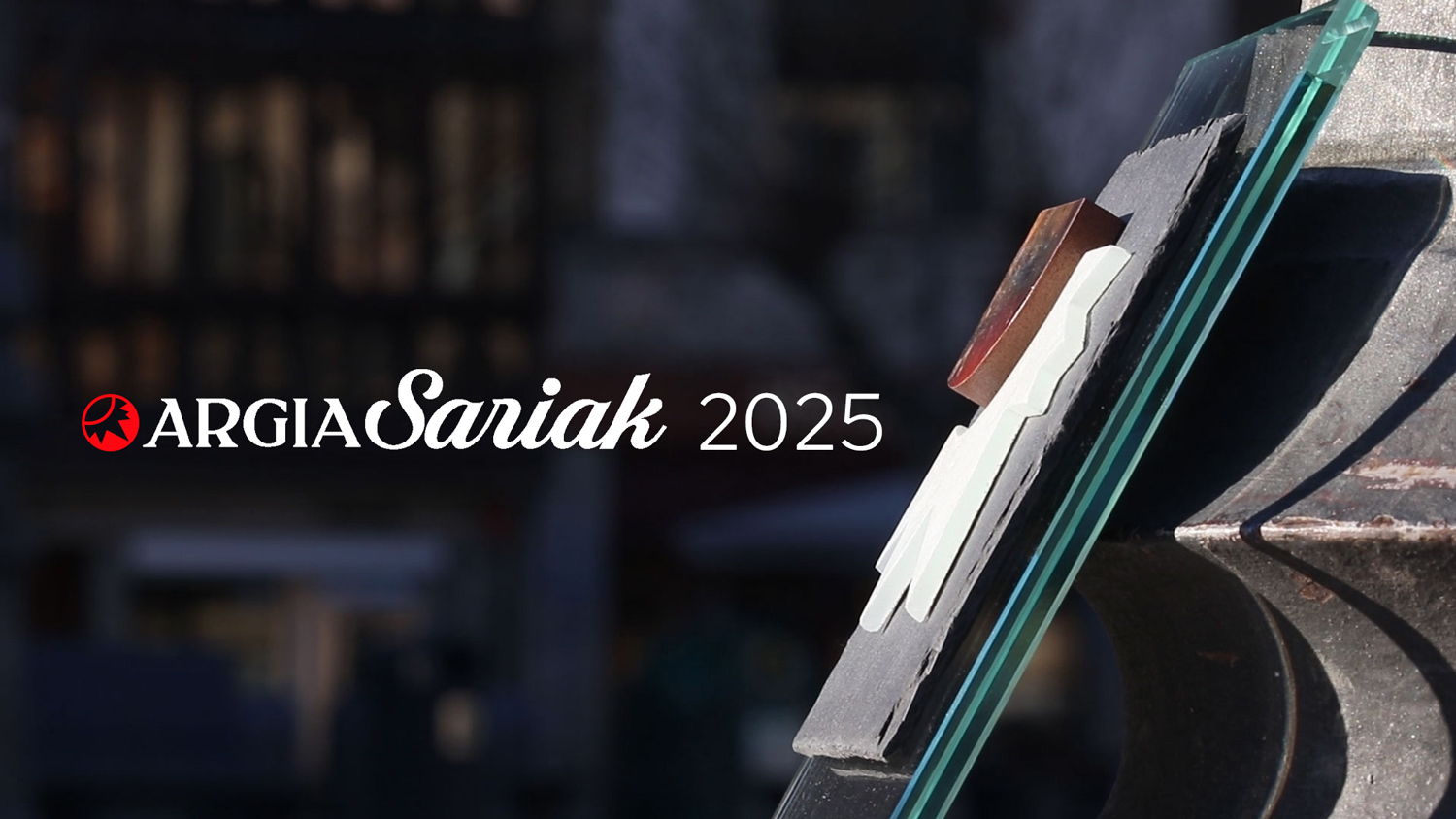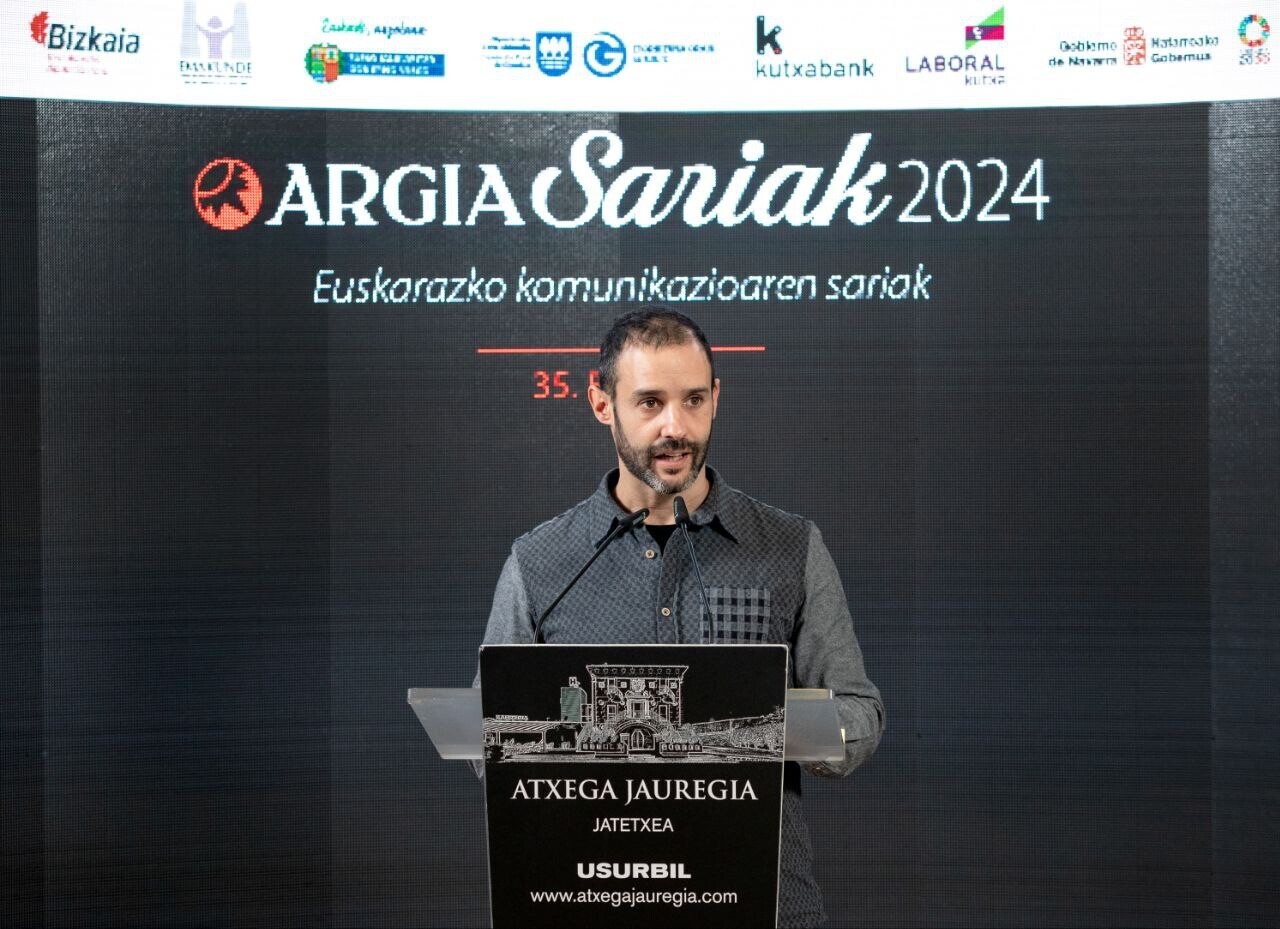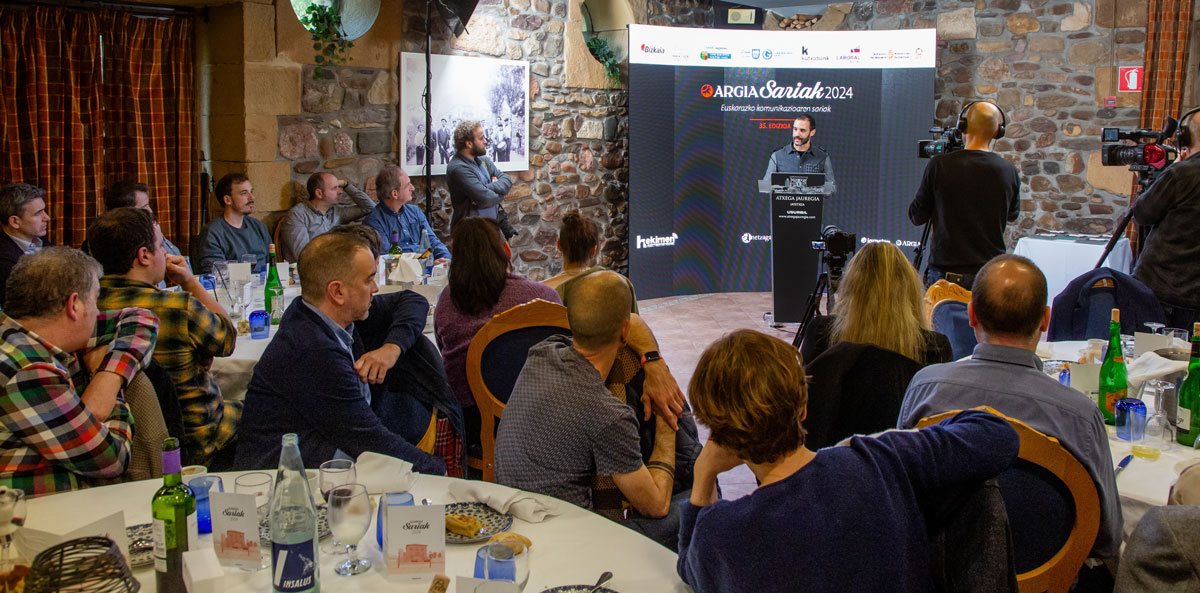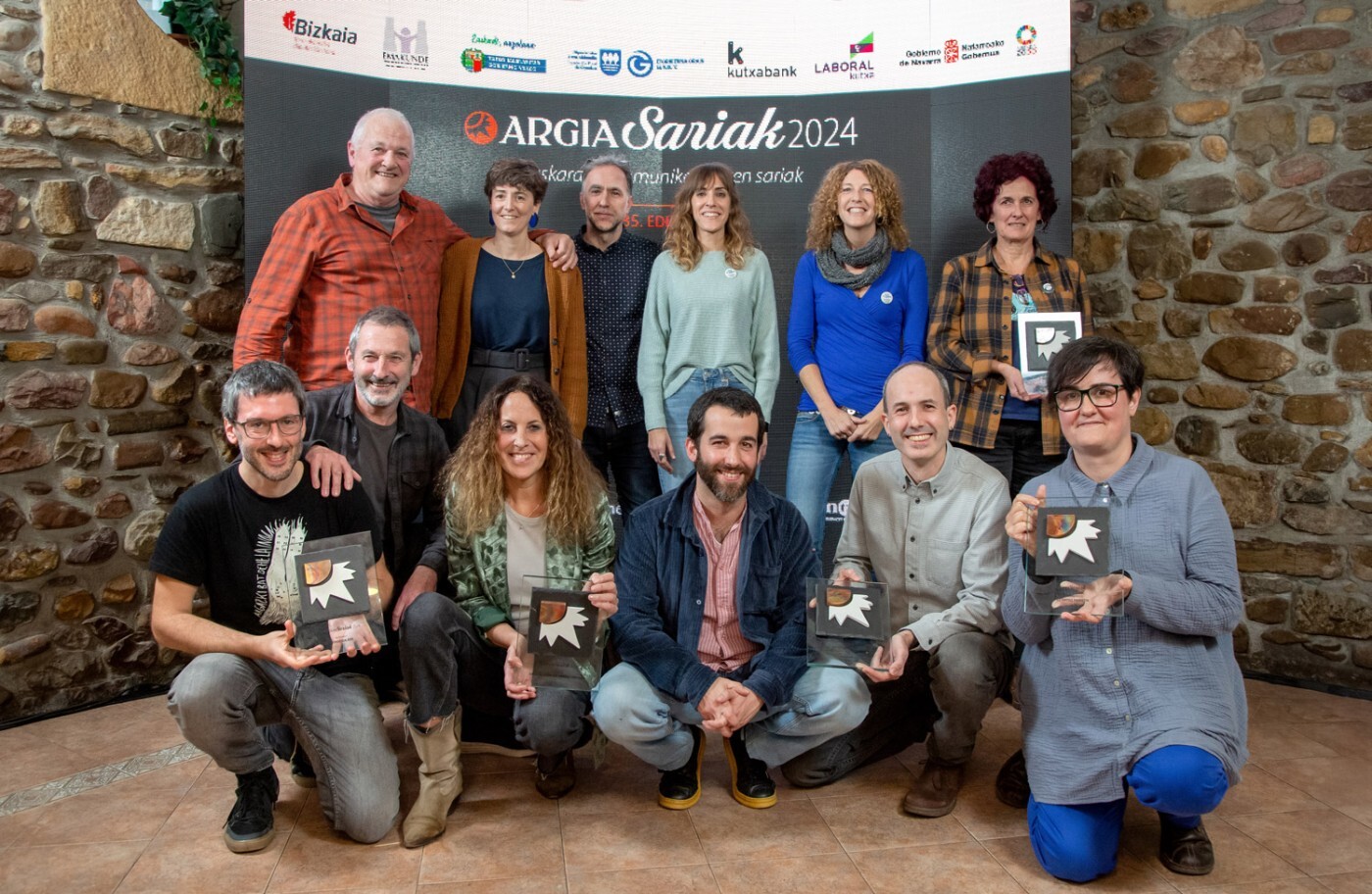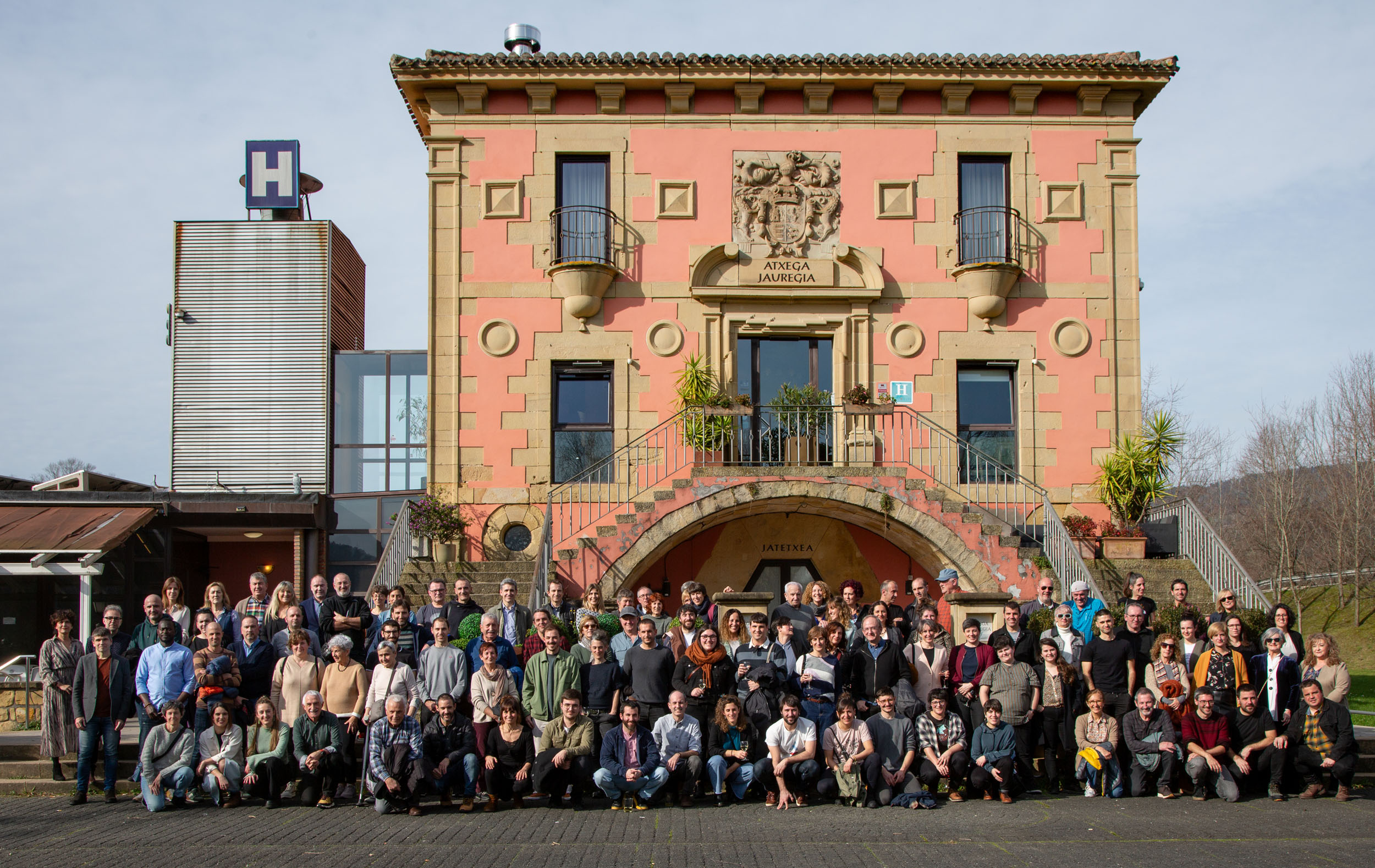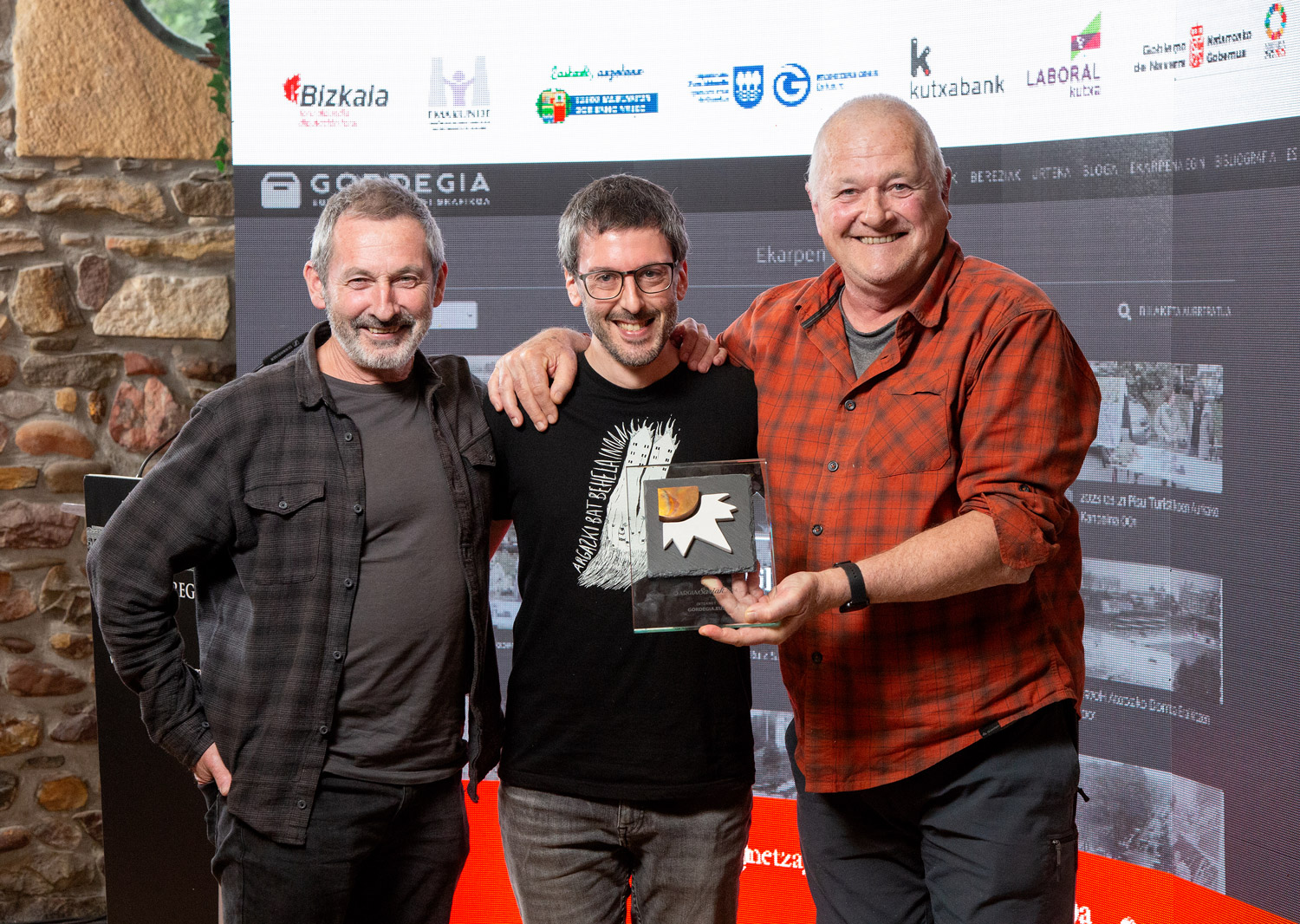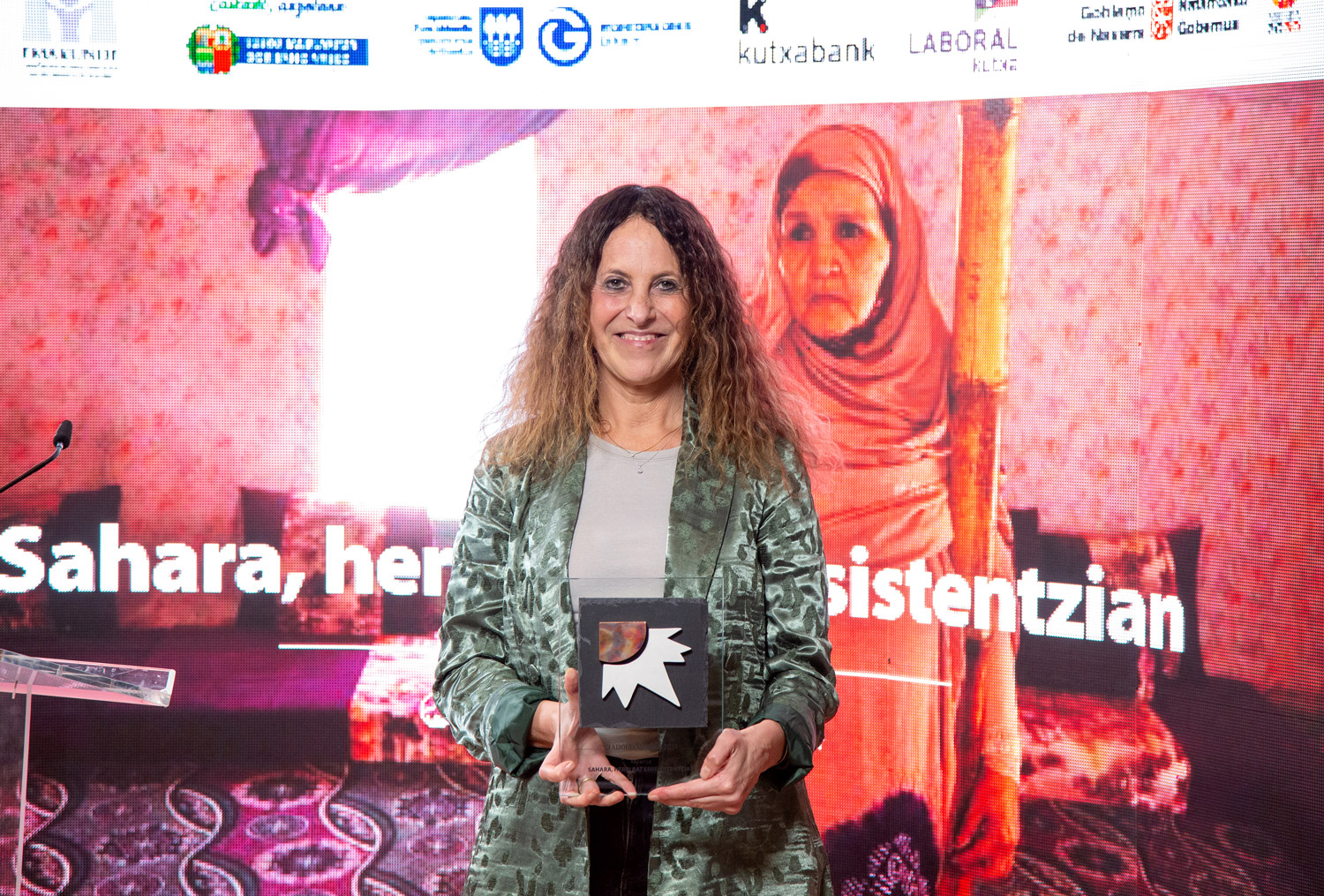25 years of meeting and mirror of Basque communication
- A quarter century ago, they began to give them the reference prizes of the Basque communication with a simple objective: to be the meeting point of the agents related to the Basque country.
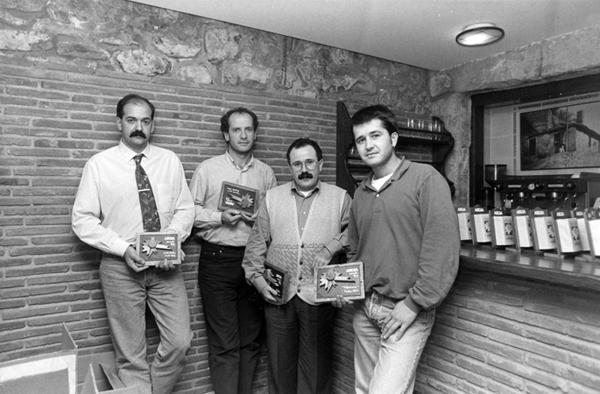
In 1989, the need for a newspaper in Euskera became increasingly evident, more determined to take it forward. On the one hand, the Basque Government was asked to extend the subsidy line to support such projects, and on the other hand, numerous campaigns were carried out to obtain the support that the Basque press needed.
Argia actively participated in the creation of the Euskaldunon Egunkaria journal. In the late 1970s, several journals were created that prioritized Spanish and the Basque Dean magazine entered into a deep crisis. However, Argia went ahead with the nudges of a small group, ceasing to be Zeruko Argia, and not only that, but it accumulated forces and infrastructures to create a newspaper in Euskera. One of the keys at the end of the 1980s was the creation of the printing press Antza, as well as taking steps in the field of informatics.
Thus, Basque journalism came to 1989 with a renewed enthusiasm, convinced that it was able to leave the bank of the sector. In this context, the first Argia Awards were given.
Argia Eguna and Argia Sariak
In November of the same year, representatives of several Basque journals at a hearing in San Sebastian announced that on Basque Press Day, which until then was celebrated, the slogan “Basque Press Day” would be added. On the occasion of that day, talks, round tables and a collection of signatures on journalism in Basque were organized, as well as the first Basque Press Argia Awards.
Light Day was created in 1982. That day, in a demanding environment, specimens of Argia and other products were sold at tables located in many corners of the Basque Country, with the intention of approaching as many as possible of Euskaltzales. The Argia Awards were to bring together, more concretely, the agents of the Basque communication.
By focusing attention on the organization of the events, the workers decided not to draw any number from the previous week. But the political situation upset everything by instinct. On 20 November 1989, HB's parliamentarian and journalist Josu Muguruza was killed in an attack related to the dirty war. Argia published a special copy in which he denounced the murder of his late collaborator. A few days later, the first award ceremony was held at the Txoko Ballot in Lasarte-Oria, and Muguruza was granted the posthumous.
In 1990, with the creation of Euskaldunon Egunkaria, the wording of Argia was necessarily meticulous. The Weekly had to get back to the world of the Basque press, and it did, and the Argia Awards are a sign of that.
Year after year, the prizes gained greater recognition. From the gastronomic society, the event went to the restaurant Txesperadin Beltxa and was equipped with musical performances. In 1999, they started distributing the Luz prize on the Net, not by chance. The weekly created the website two years earlier, following the path of Ttipi-Ttapa and before many Spanish media.
In recent years, video-creation has gained great importance in the contents of Argia, as well as in the prizes. Videos and streamings of the event have been made. Precisely, with the photographs we have used to illustrate this article and many more, you can see on our website a video that summarizes the trajectory of the Argia Awards.
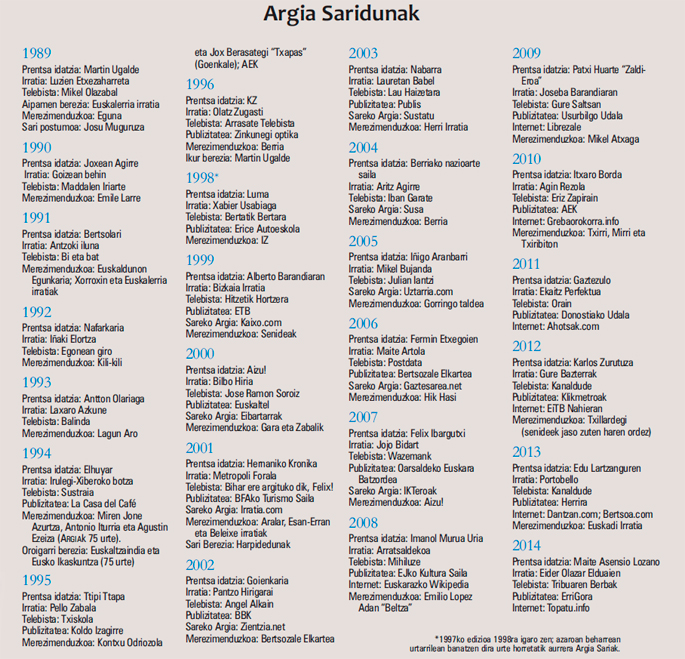
Ion Celestino said in ARGIA that folklore was that thing that has crystallized. And he said tradition is the flower that gives a certain moment.
The ARGIA awards have become a “tradition” today. To begin with, and without thinking too much, because they have been... [+]









